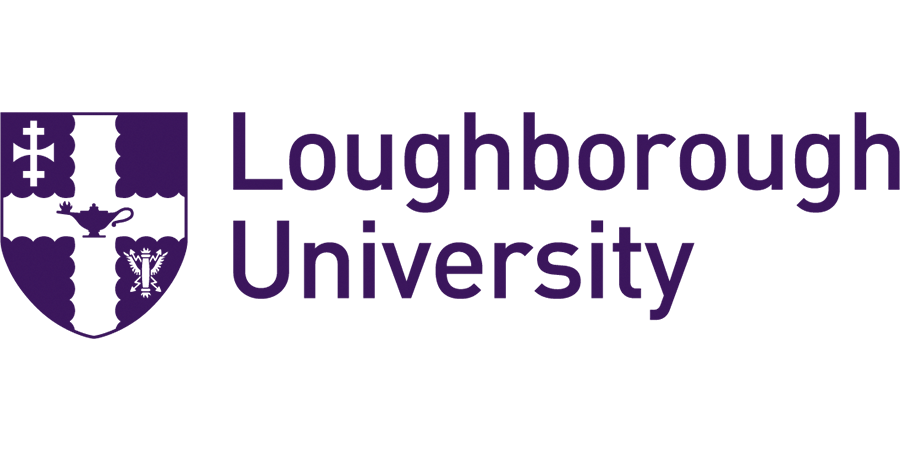PhD Studentship: Structural Durability in the Net Zero Age: Effect of Degradation
Loughborough University - Mechanical, Electrical and Manufacturing Engineering
| Qualification Type: | PhD |
|---|---|
| Location: | Loughborough |
| Funding for: | UK Students, International Students |
| Funding amount: | £20,780 per annum |
| Hours: | Full Time |
| Placed On: | 6th June 2025 |
|---|---|
| Closes: | 15th July 2025 |
| Reference: | LU-EnerHy-2025-2 |
The aim of this project is to analyse the effect of hydrogen and Low Carbon Intensity (LCI) fuels on degradation of surfaces exposed to such harsh environments and, subsequently, structural integrity and durability of affected components and structures. The main challenge is assessing the transition between a relatively slow process of degradation and a rapid deterioration of structural integrity due to formation of macroscopic defects.
Transitioning to Net Zero requires new solutions for automotive and off-road applications, including hydrogen and LCI fuels. They include the use of both hydrogen and LCI fuels, resulting in different chemical reactions with (mostly) metallic components and structures. Together with increased temperatures, they can significantly change the surface and subsurface layers of components and even transform their microstructure, potentially introducing additional defects.
Thus, assessment of these effects on structural reliability and durability of systems requires not only quantification of respective changes in materials but also development of novel tools for design and optimisation of new engineering solutions. This will be achieved by combining established methods of microstructural analysis and mechanical testing with new schemes such as Acoustic Emission for non-destructive assessment of degradation and Machine Learning for development of predictive tools to enhance durability by avoiding initiation and propagation of defects and cracks.
You will receive specialist training through the EnerHy CDT and be based at the Caterpillar Innovation & Research Centre at Loughborough University.
Primary supervisor Professor Vadim Silberschmidt is happy to discuss this opportunity via email at V.Silberschmidt@lboro.ac.uk.
Name of primary supervisor: Professor Vadim Silberschmidt
Name(s) of secondary: Dr Konstantinos Baxevenakis
Entry requirements:
Subject requirements: First-class or upper second-class degree (or equivalent) in Mechanical Engineering, Continuum Mechanics, Computer Science, Materials Science, Physics or a related subject, or relevant industrial experience.
English language requirements:
Applicants must meet the minimum English language requirements. Further details are available on the International website.
Funding information:
The studentship is for 4 years and provides a tax-free stipend of £20,780 per annum including tuition fees at the UK rate.
Excellent International candidates are eligible for a full international fee waiver however due to UKRI funding rules, no more than 30% of the studentships funded by this grant can be awarded to International candidates.
How to Apply
All applications should be made online via the above ‘Apply’ button. Under ‘campus’ please select *Loughborough* and select the programme ‘CDT Engineering Hydrogen Net Zero’. Please quote the advertised reference number *LU-EnerHy-2025-2* under the ‘Finance’ section of the application.
To avoid delays in processing your application, please ensure that you submit the minimum supporting documents, including a copy of your passport. The following selection criteria will be used by academic schools to help them make a decision on your application.
Advert information
Type / Role:
Subject Area(s):
Location(s):









